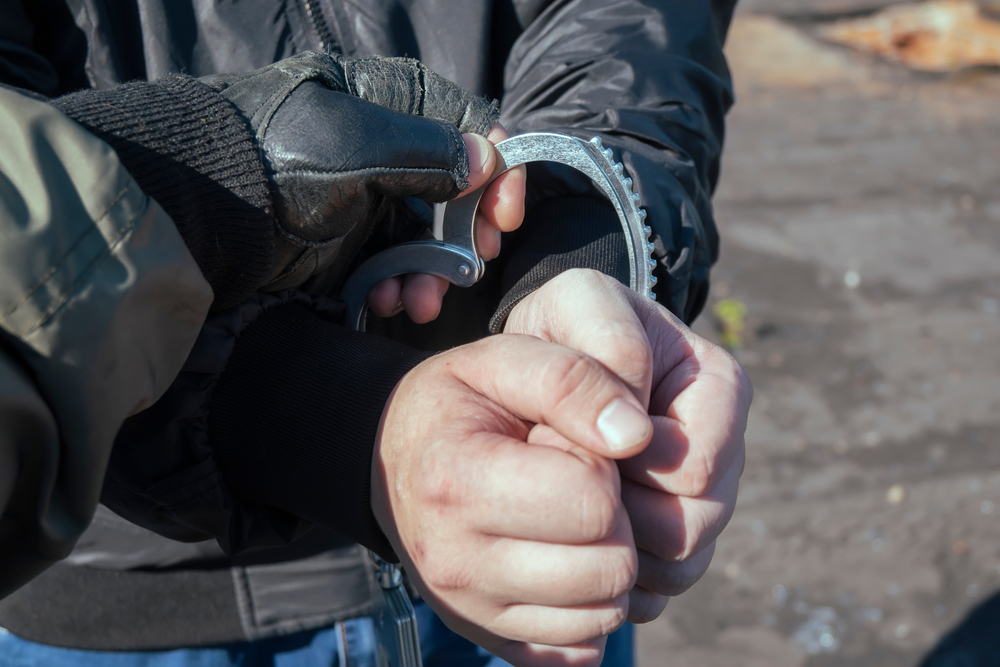El Salvador Offers to House US Criminals in Mega-Prison
Others are reading now
The United States is facing ongoing challenges with deporting criminals, especially those linked to violent gangs.
Many of these individuals have roots in Central America, where some governments struggle to handle the influx of deported gang members.
In an unexpected move, El Salvador has agreed to take in deported criminals from the U.S., including foreign gang members and even American convicts, reports Ziare.
U.S. Secretary of State Marco Rubio announced the agreement after meeting with Salvadoran President Nayib Bukele.
Also read
Rubio described the deal as a historic act of cooperation between the two nations. According to him, El Salvador will not only continue accepting deported Salvadoran nationals but will also take in non-Salvadoran criminals.
This includes members of notorious gangs like MS-13 and Tren de Aragua. Bukele went even further, offering to house convicted American criminals in Salvadoran prisons for a fee.
President Bukele confirmed the agreement and explained that his country is prepared to take in only convicted criminals.
He stated that they could be housed in the massive CECOT prison, a high-security facility built to detain gang members.
The U.S. would pay a fee in return, which would help fund El Salvador’s prison system.
Bukele emphasized that the fee would be minimal for the U.S. but would provide significant financial support for El Salvador.
This agreement comes at a time when El Salvador has made major progress in its crackdown on gang violence.
The government has arrested tens of thousands of suspected gang members, reducing crime rates.
However, its methods have drawn criticism from human rights organizations. Reports have surfaced about overcrowded prisons and harsh conditions for inmates.
The U.S. State Department has also raised concerns about the treatment of prisoners in El Salvador.
Former U.S. President Donald Trump has praised Bukele’s tough stance on gangs. He has often pointed to MS-13 as a major threat to U.S. security and has supported strong measures to combat organized crime.
Bukele’s approach has earned him both admiration and criticism. While some view his crackdown as necessary, others worry about the long-term consequences of mass incarceration.
The agreement between the U.S. and El Salvador could set a precedent for similar deals with other nations.
Whether it will be effective in addressing gang violence and crime remains to be seen.


